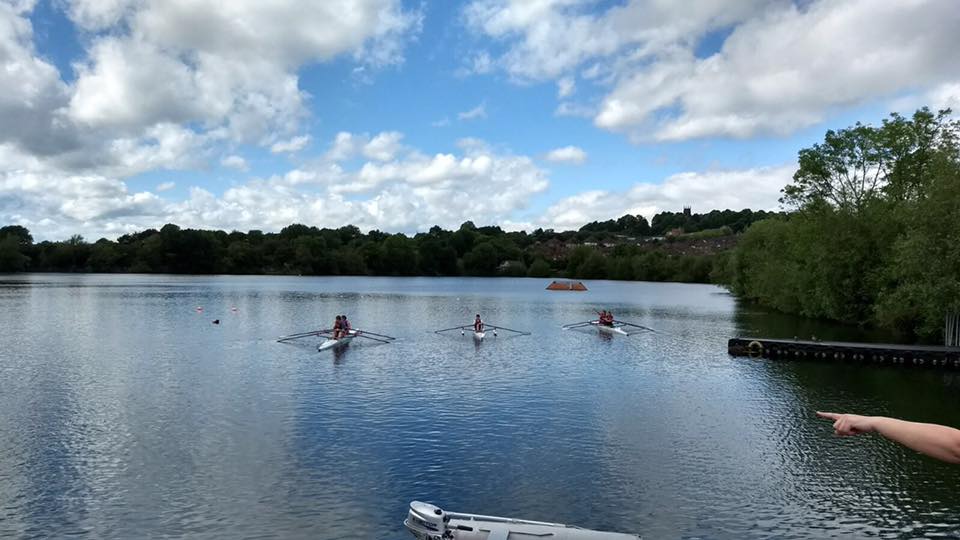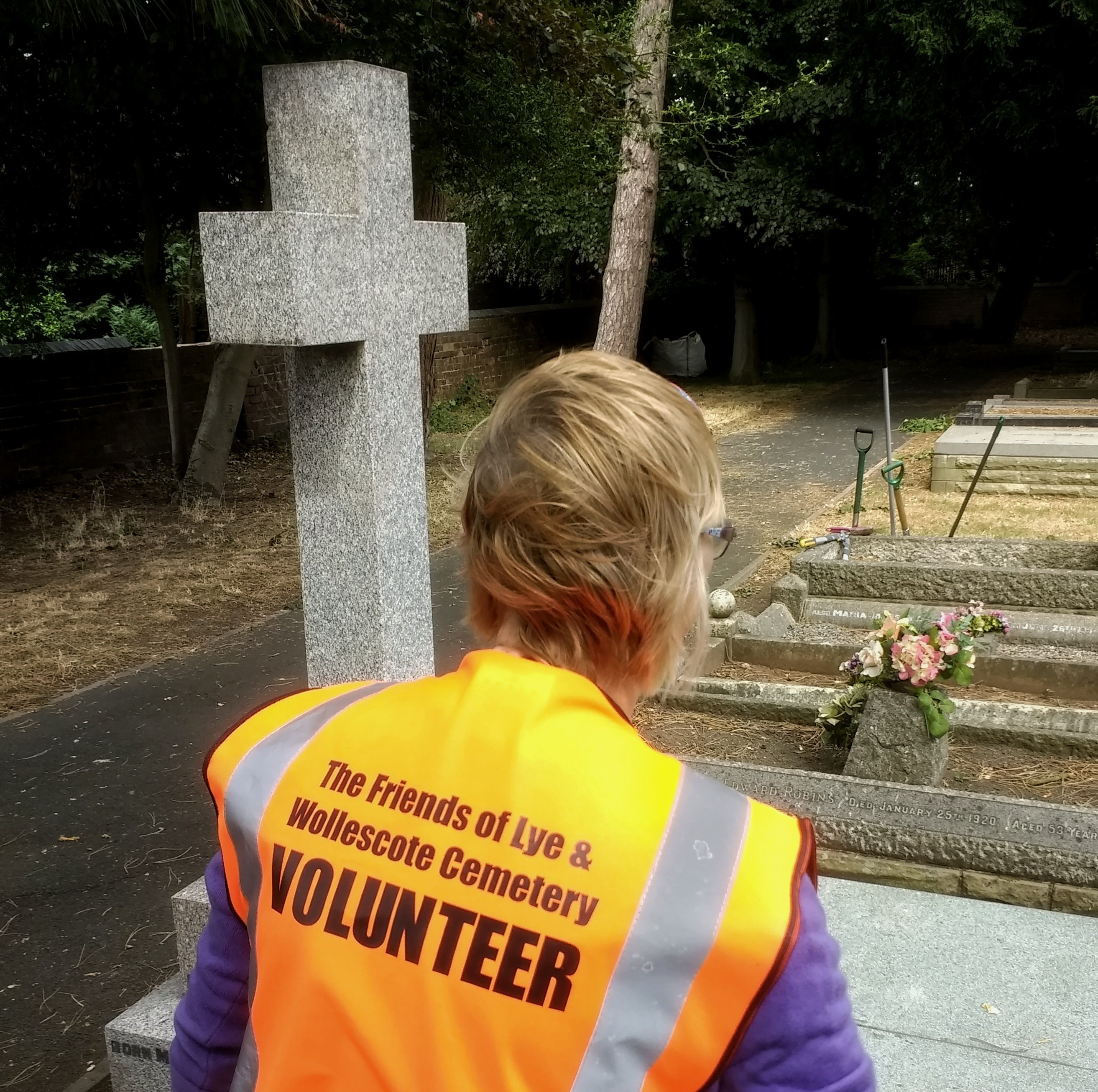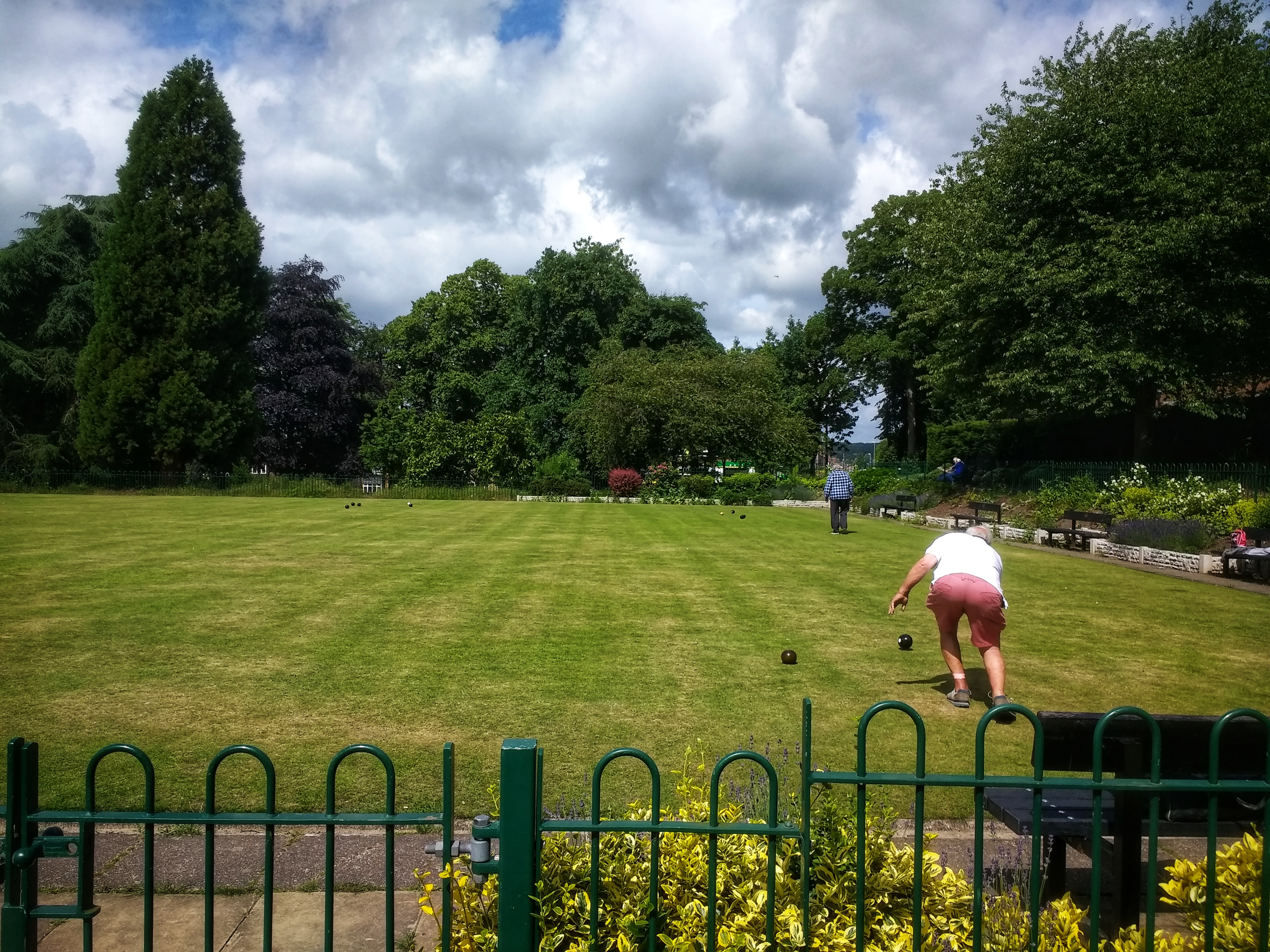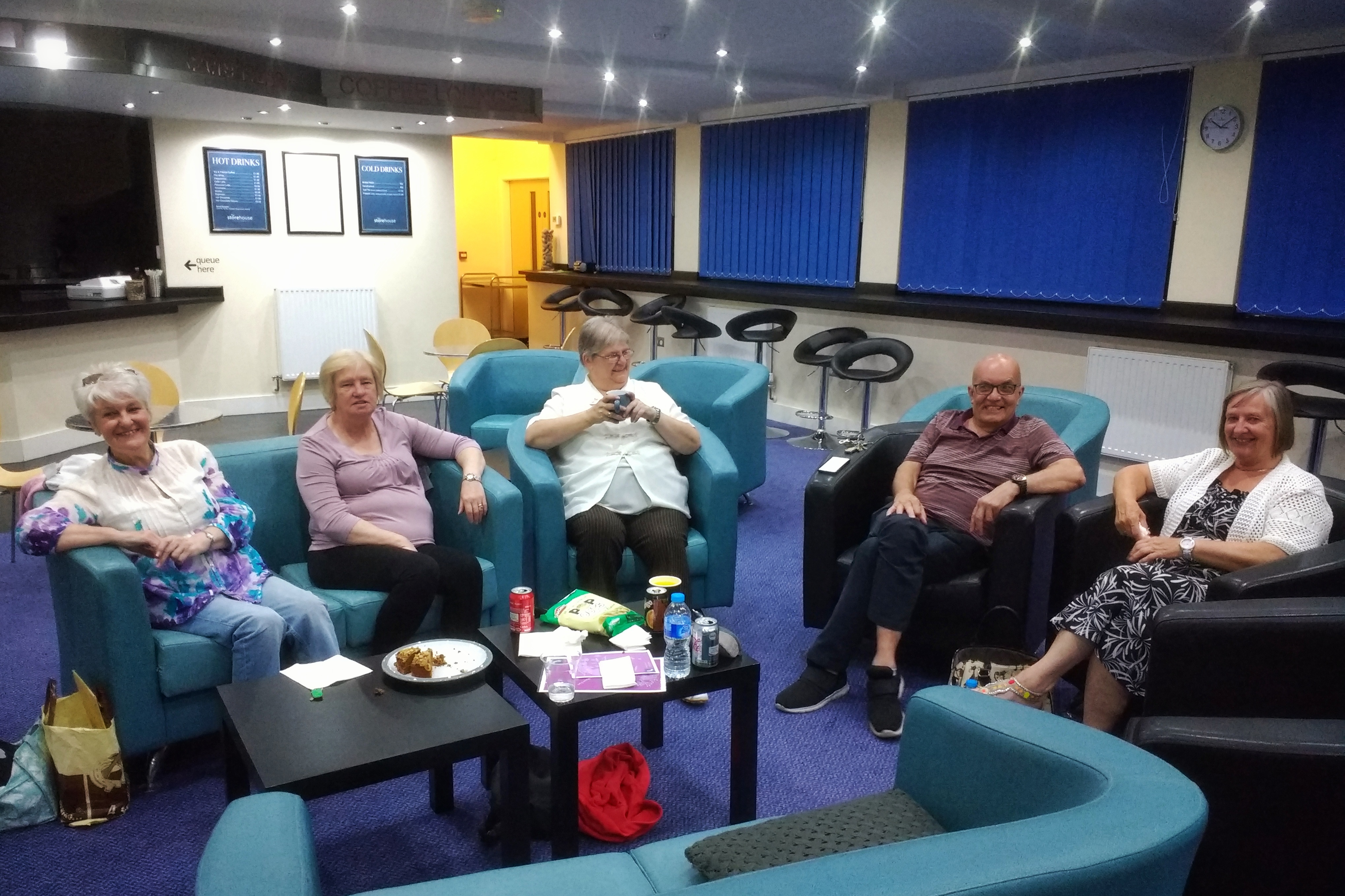I’m really pleased to share the great news that Black Country Arts Council has received an Creative Communities commission from Creative Black Country to pilot a project called Young Sketch Bookers, which aims to bridge the gap between creative projects and community-focused outreach by offering free art packs to be distributed through the Black Country Foodbank and Dudley Performing Arts to children that may have barriers to learning.

It’s a brand new project for the new-look Black Country Arts Council. For the last few years I’ve been supporting this small charity that has been running for a whopping 73 years to promote arts and creativity for everyone. I’m really pleased that it’s been able to launch a project in the midst of challenging circumstances.
In 2018, the charity faced a crossroads. Its board of trustees felt that they had taken the charity as far as they could in a changing world. The future was either to breathe new life into the charity by handing its reins to a new board of trustees or to close the charity completely. One long-standing member felt strongly that if the right people could be found, Black Country Arts Council could be rejuvenated and become a powerful network for promoting all art forms across the Black Country.
Together, we helped to identify and engage people who were interested in transforming Black Country Arts Council and soon we had a group of 7 potential new trustees who would come together as a sub-committee to explore what Black Country Arts Council could be. I helped the potential new trustees to do some visioning for the organisation and explore ways they could re-engage with and expand its membership. We looked at the constitution, thought about networks, what the offer was, how it could communicate, raise its profile and build its base with small scale projects. I also gave a brief workshop on the legal duties of trustees and helped the potential new trustees to liaise with the then current trustees so that there could be a seamless handover.
This resulted in a general meeting at which the new trustees were elected. The outgoing trustees gave some lovely encouragement and shared ideas for forthcoming activities that the Black Country Arts Council could get involved in (sadly, activities that will be cancelled or at least postponed in the current circumstances).
At about the same time, Creative Black Country was gearing up to launch its Arts Council funded project Creative People and Places into Dudley. This was a great opportunity for Black Country Arts Council to expand its networks and I was really pleased to see members at one of Creative Black Country’s meet-up events.
Thankfully, the connection that had been established meant that Black Country Arts Council trustees were organised enough to be able to bid to Creative Black Country’s Creative Communities programme, which now focused on kickstarting arts activities that could take place during the lockdown.

Which brings us to the here and now! With a grant of under £1,000, Black Country Arts Council will be putting together 200 arts packs containing a range of accessible and quality art supplies, and a leaflet offering fun ideas for creative projects that children can engage in during the lockdown. The dedicated team of volunteers includes artists who will design the leaflet for the packs and offer instructional “follow along” videos through Black Country Arts social media, supported by a British Sign Language interpreter to ensure everyone can be included.
These packs will provide support for up to 200 families across the region, offering ways for parents to engage their children, promote artistic interest and learn new skills. The packs will be distributed by Black Country Foodbank and Dudley Performing Arts to make sure they go to families that have been hardest hit by the pandemic and who may have barriers to accessing good quality arts materials.
The project-leads hope to flood social media with art, positivity and togetherness by encouraging people to post their creations using the #YoungSketchBookers hashtag and when the lockdown is eventually lifted there will be an exhibition of the artwork created, giving children a sense of achievement and community participation by bringing together everyone involved.

It sounds like such a positive project and I’m looking forward to checking out and celebrating the creativity of local children. I think we could all do with some of that right now!
Follow Black Country Arts Council for more:
Facebook: @dudleyartscouncil
Instagram: @blackcountryartscouncil
Twitter: @BlackCountryArts


















 Lye and Wollescote Chapels is a rare example of two chapels – Church of England and Nonconformist – being housed in one building, and originally the cemetery was divided along those lines. The cemetery now has an area for Muslim burials, it houses the graves of
Lye and Wollescote Chapels is a rare example of two chapels – Church of England and Nonconformist – being housed in one building, and originally the cemetery was divided along those lines. The cemetery now has an area for Muslim burials, it houses the graves of  Donna and I met the volunteers in 2016. We visited the cemetery, which was overgrown and pretty uninviting (I’m sure it didn’t help that it was a cold and dismal January morning!) and did a series of workshops in the nearby (and warm) Stambermill House where we built a vision for what the cemetery could be like in the future, painted a picture of the skills, talents and networks that each volunteer brought and created a simple plan. We also developed a simple constitution during our conversations about whether the volunteers would like to become a constituted group or to remain informal for the time being.
Donna and I met the volunteers in 2016. We visited the cemetery, which was overgrown and pretty uninviting (I’m sure it didn’t help that it was a cold and dismal January morning!) and did a series of workshops in the nearby (and warm) Stambermill House where we built a vision for what the cemetery could be like in the future, painted a picture of the skills, talents and networks that each volunteer brought and created a simple plan. We also developed a simple constitution during our conversations about whether the volunteers would like to become a constituted group or to remain informal for the time being.
 The group’s
The group’s 






 Dudley CVS is involved in a small piece of work with
Dudley CVS is involved in a small piece of work with